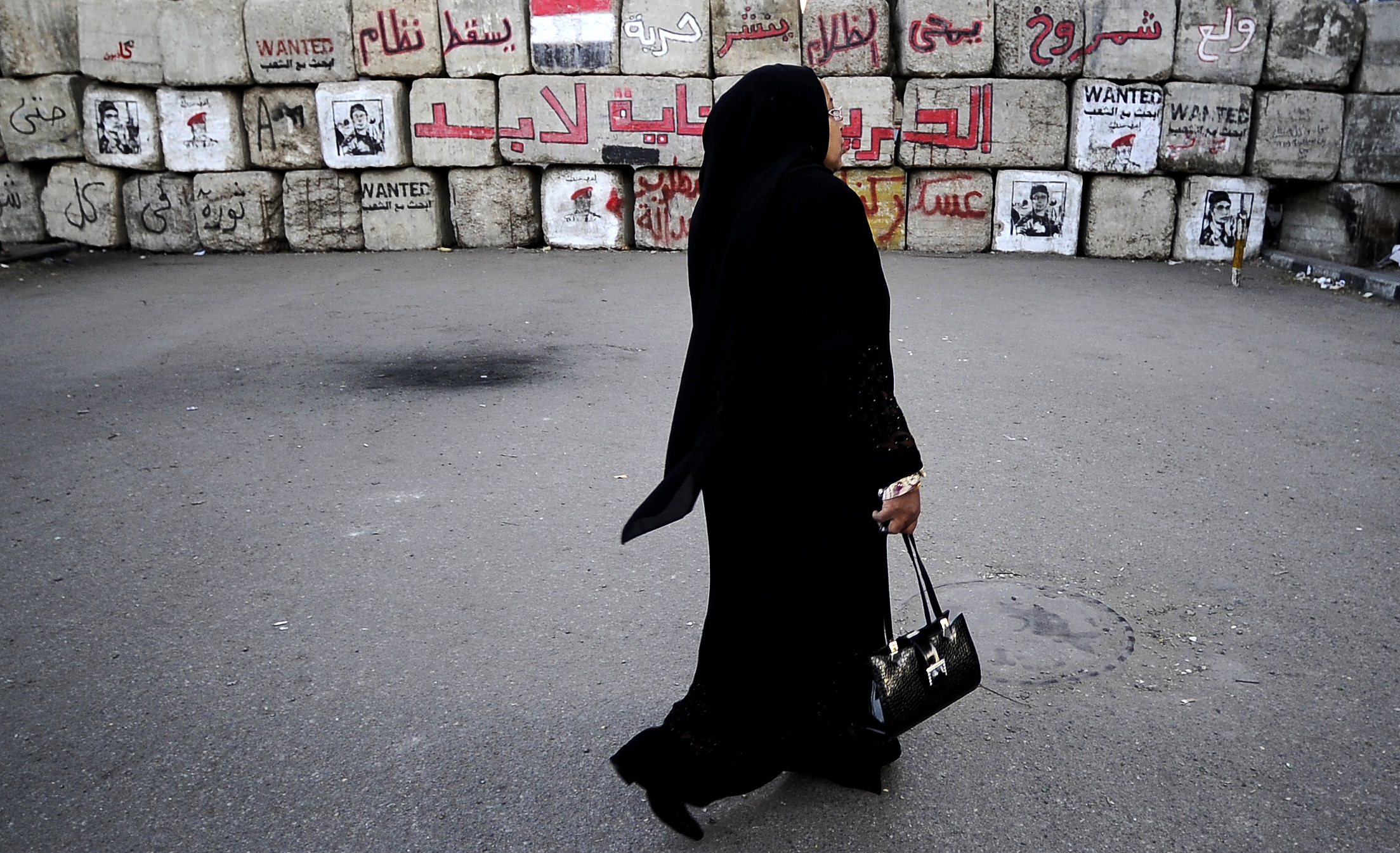
Recent efforts to address Egypt’s deeply entrenched problems with sexual violence are too little, too late, according to a new report from Amnesty International.
“Recent measures to protect women taken have been largely symbolic,” said Hassiba Hadj Sahraoui, Deputy Director of the Middle East and North Africa Programme at Amnesty International, in a statement. “The authorities must prove that these are more than cosmetic changes by making sustained efforts to implement changes and challenge deeply entrenched attitudes prevalent in Egyptian society.”
In 2013, Human Rights Watch declared sexual violence an “epidemic” in Egypt, after 91 women were assaulted or raped during four days of protests against then-President Mohammed Morsi in Cairo’s Tahrir Square. A disturbing video surfaced last year of a woman being assaulted by a gang of men during the inaugural celebrations for Egypt’s new president, Abdel Fattah el-Sisi, despite el-Sisi’s campaign promise that he would “restore a sense of shame” to perpetrators of sexual violence. El-Sisi later visited a woman in the hospital who had been gang-raped during the celebrations, and apologized to her and “to every Egyptian woman.”
According to a United Nations poll almost all Egyptian women (more than 99%) say they’ve experienced sexual harassment, and UNICEF reports that more 90% of Egyptian women have undergone female genital mutilation. A Reuters poll from 2013 rated Egypt as the worst country in the Middle East to be a woman. “As the miserable poll results show, we women need a double revolution, one against the various dictators who’ve ruined our countries and the other against a toxic mix of culture and religion that ruin our lives as women,” Egyptian-American columnist Mona Eltahawy told Reuters after the poll was released in 2013.
Amnesty International’s most recent report suggests that little has changed since 2013, despite repeated government assurances about the importance of protecting women. Amnesty found evidence that the justice system has not effectively responded to the numerous rapes and attacks during the Tahrir Square protests, and that authorities have not done their “due diligence” to find those responsible. And even though nearly half of all women surveyed by the Ministry of Health said they’d been the victims of domestic violence, Egypt’s legal system does not explicitly criminalize domestic violence or marital rape. And to divorce an abusive husband, Egyptian women must either forfeit all financial rights or fight a long and costly court battle. (Egyptian men, by contrast, can get a divorce much more easily.)
The Egyptian government’s efforts to curb the violence have been tepid at best. In 2014, el-Sisi promised to take “all necessary measures” to end sexual violence after a video emerged of a 42-year old women who had been gang-raped in front of her daughter during the celebrations following El-Sisi’s victory. Yet state media had also tried to paint the videos as evidence that ousted President Mohamed Morsi’s Muslim Brotherhood was using sexual violence as political weapon to embarrass the current administration, suggesting that the videos and attacks may have been fabricated. El-Sisi instructed his Interior Minister to fight sexual harassment (closer to the American definition of sexual assault,) and the government passed a new law in June of last year to punish harassment with at least 6 months of jail time or hefty fines. But under the new law, a judge can decide whether someone who participated in a gang rape serves jail time or merely pays a fine. And according to Amnesty, the criminal justice system is still biased against accusers, and the laws themselves “fall short of international human rights standards.”
“The authorities have made big promises, but actually delivered very little of the root and branch reform that’s sorely needed,” Sahraoui said. Amnesty is calling on the Egyptian government to use the 2015 legislative elections as a reckoning point for dealing with violence against women. They ask that the government uses the new elections as an opportunity to pass legislation that gives women equal representation under the law, repeal all discriminatory laws, and write new legislation to impose harsh criminal penalties on all forms of violence against women.
More Must-Reads From TIME
- The 100 Most Influential People of 2024
- How Far Trump Would Go
- Scenes From Pro-Palestinian Encampments Across U.S. Universities
- Saving Seconds Is Better Than Hours
- Why Your Breakfast Should Start with a Vegetable
- 6 Compliments That Land Every Time
- Welcome to the Golden Age of Ryan Gosling
- Want Weekly Recs on What to Watch, Read, and More? Sign Up for Worth Your Time
Write to Charlotte Alter at charlotte.alter@time.com